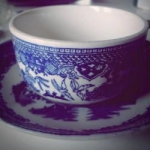Occupations Throughout History and Their (Interesting) Names
Many became surnames we still use today.
There are a lot of old occupations which no longer exist. If you read about them in history books you probably wouldn’t even know what the names of old professions even mean. If your family came from the U.K. originally then old documents might list some occupations that you’ve never seen before in your life. Here are some of the interestingly-named occupations of yore from England, some of which definitely went on to become surnames.
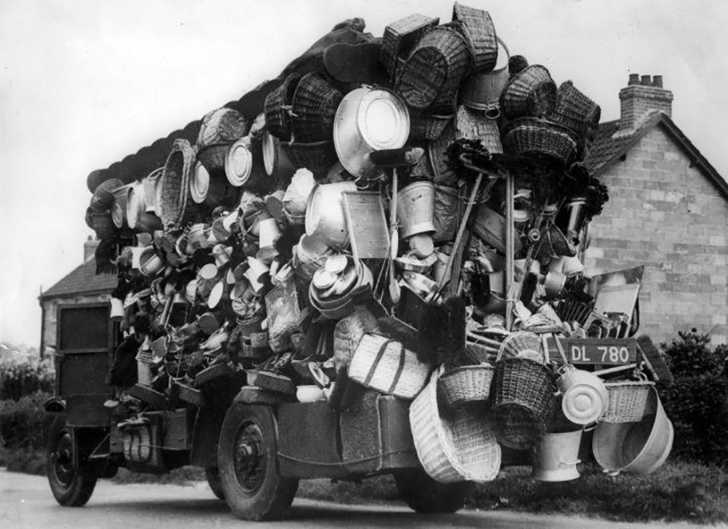
Abactor- cattle thief
Abigail- ladies maid
Accipitary- falconer
Ale draper- seller of beer and ale
All spice- grocer
Aproneer- shopkeeper
Artificer- mechanic who works on artillery for the military
Backmaker- cooper who makes tubs, barrels, and buckets from wood
Badger- licensed pauper who wears a badge as his certificate (from where we get the term “to badger someone”)
Bagman- traveling salesman
Balister- archer
Bandster- worker who binds wheat bundles after harvesting
Basil worker- tanner who works with goat and sheep hides
Batman- a military officer’s personal assistant
Biddy- female servant
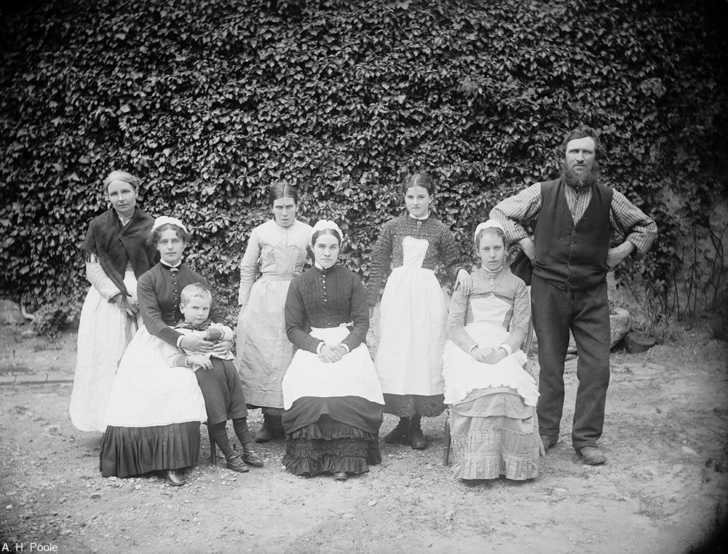
Caddy butcher- butcher who works only in horse meat
Caffler- rag and bone man, peddler
Calciner- worker who makes lime from powdered bones
Calenderer- worker on the calender machine used for finishing papers and fabrics
Cardroomer- worker in the carding room of a mill, where where wool was combed out and sorted
Carnifex- a regular butcher
Chevener- embroiderer of fine stockings
Claker- magician or astrologer
Danter- female overseer in silk-winding room
Deal porter- specialist who hauled “deals” of wood between ship and shore
Delfman- salesman of Delft pottery from Holland
Deviller- operator of the “devil” machine which shreds cloth at the fabric mill
Doffer- worker who replaces empty loom spools with full ones in the weaving industry
Dragoon- cavalryman
Drippig man- seller of drippings (fat)
Dubber- worker in fabric mill who raises the nap of the cloth
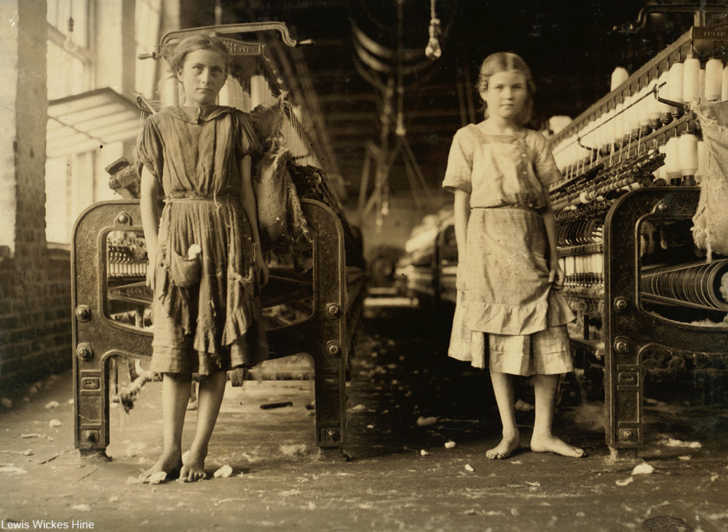
Ealdorman- king’s court deputy
Ellerman- seller of lamp oil
Enumerator- census taker
Eremite- hermit
Estafette- mounted courier
Eyer- worker who maks the eyeholes in needles
Fanner- worker who winnows grain
Feather mason- worker who splits stone using steel tools called “feather”
Feller- woodcutter
Festitian- physician
Fiddler- clay worker who uses a tool called a “fiddle” to carefully remove the metal rings from the bottoms of cast clay products like cups and creamers
Fish bobber- mariner who ferries fish cargo from the trawler to the wharf
Flauner- confectioner
Fletcher- arrow maker
Fossetmaker- worker who makes taps for kegs and barrels
Fower- street cleaner
Friezer- one who embroiders cloth with silver and gold
Galloon maker- maker of metal trim for military uniforms
Gater- watchman
Gaunter- glovemaker
Gorseman- seller of gorse and hay for broom making
Gossoon- servant boy
Granger- farmer
Groover- miner
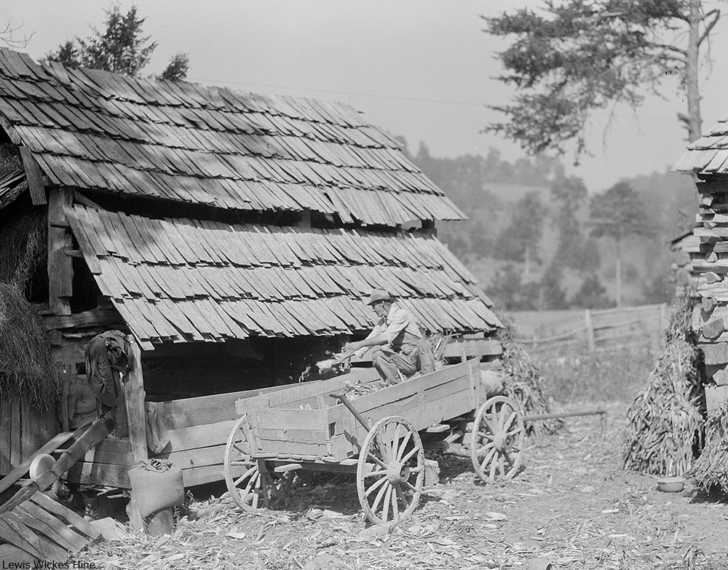
Haberdasher- seller of clothing and/or accessories
Hairweaver- maker of horsehair cloth
Huckster- street peddler
Henchman- horseman or groom
Horner- maker of cutlery handles made of horn
Howdy Wife- midwife
Hurrier- coal haulers who work underground ferrying coal (historically children worked this job)
Idleman- person living without work and of their own means
In-bye worker- miner who works the coalface
Jinny (or ginny)- miner who operates the ginny carriage
Jigger- potter who works to shape the bottoms of pieces
Kedger- fisherman
Kellogg- animal slaughterer
Kneller- chimney sweep
Knoller- bellringer
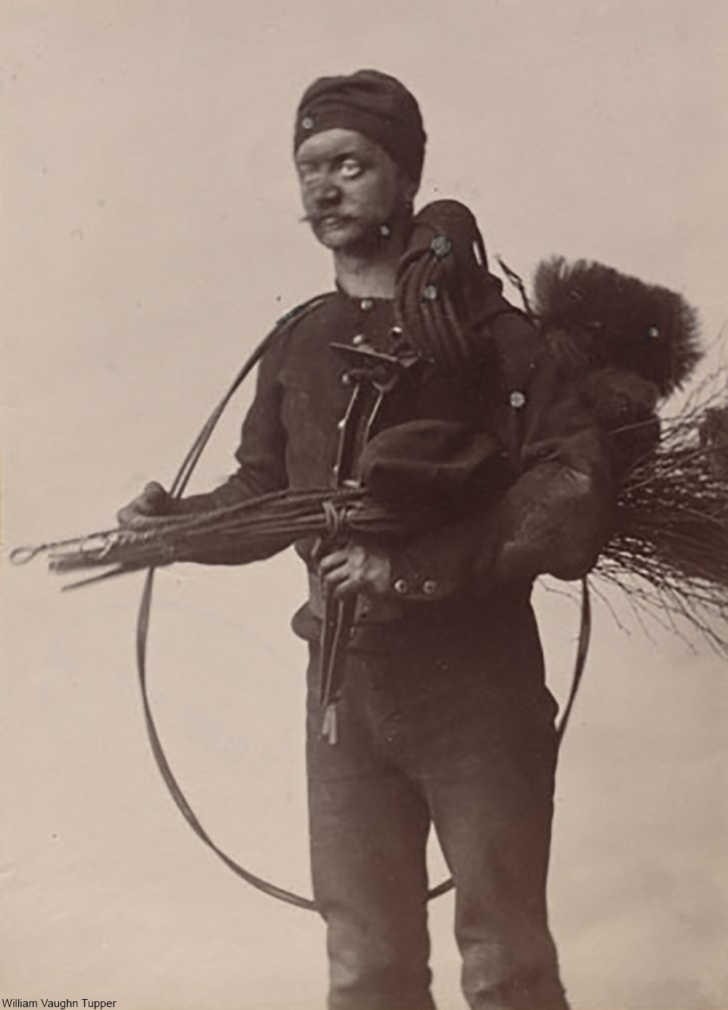
Lagger- sailor
Leach- doctor or veterinarian
Laster- shoemaker
Leavelooker- food inspector
Leightonward- gardener
Limeburner- worker who processes lime from limestone by burning
Linkerboy- man who carries a “link” (lantern) for hire at night
Maltster- brewer
Mangler- worker who operates the laundry mangle
Marbler- worker who makes paper looked marbled
Melder- corn miller
Misegatherer- local tax collector
Mudlark- scavenger specializing in sweeping the banks of rivers at low tide
Ostler- groomsman at an inn or an innkeeper in general
Owler- wool smuggler during the time when it was illegal to export English wool to other countries
Packman- peddler
Pantler- butler
Pardoner- salesman of official church pardons (papal or bishop)
Parminster- stone roofer
Pedascule- schoolteacher
Peruker- wigmaker
Plain worker- sewer working plain seams (as opposed to embroidery work)
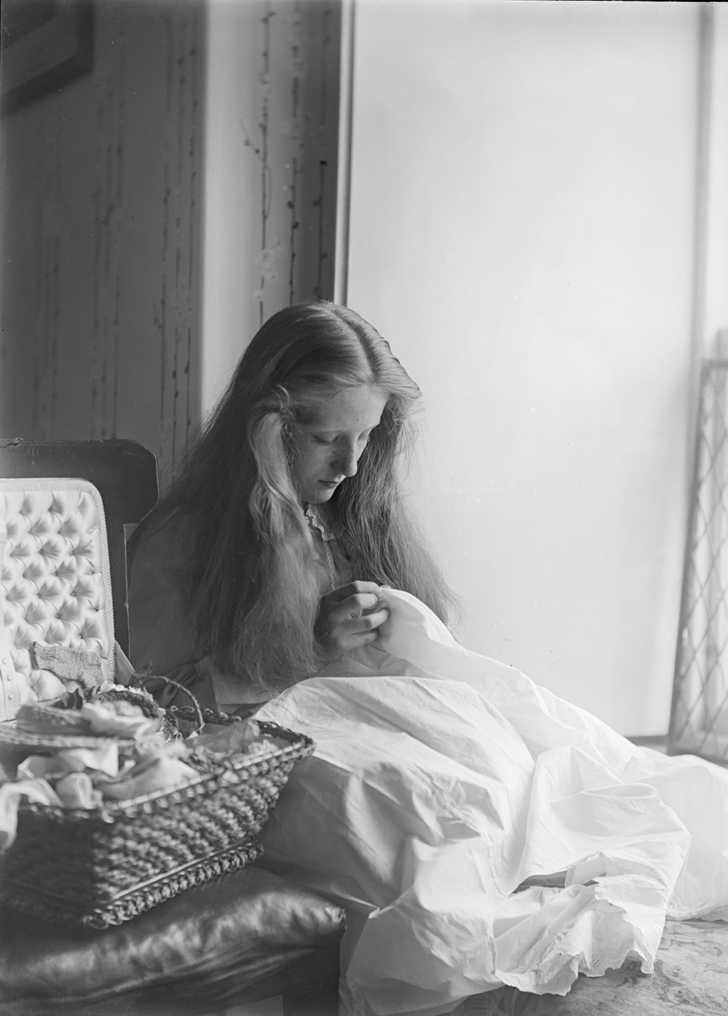
Quarrel picker- glass installer
Quillwright- wheelwright
Quister- worker who bleaches fabric
Sawyer- lumber worker or saw operator
Scavelman- cleaner of ditches
Scriber- marker of measured bails of cotton at the docks
Skutcher- worker who beat flax to obtain the tow inside for making linen
Sempster- seamstress
Shookmaker- maker of shipping crates and fruit boxes
Tenterer- worker who would hang finished cloth on hooks to dry before sale (from where we get the phrase “on tenter hooks”)
Tasker- reaper
Thacker- maker of thatched roofs
Tickneyman- traveling salesman specializing in pottery
Tiller- farmer
Tipper- maker of arrow tips
Tracer- drafter who traces designs using wax or trace paper
Treenmaker- artisan of wooden housewares
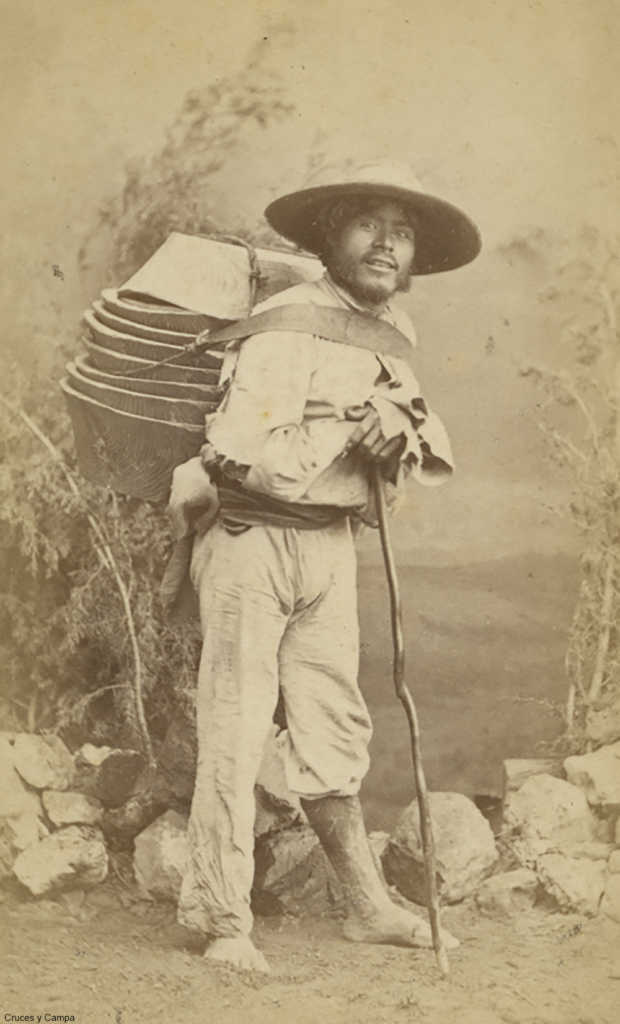
Ulnager- woolens inspector
Underviewer or underlooker- mine supervisor
Upright worker- chimney sweep
Vabster- weaver
Valet- personal assistant to a wealthy man
Verderer- game warden
Vulcan- blacksmith
Wakeman- night watchman
Warrener- gamekeeper and butcher for the rabbit warrens on a large estate
Way maker- road builder
Wellwright- maker of the gears for well mechanisms
Wherryman- sailor of a flat-bottomed ship called a “wherry”
Wyrth- laborer
Yagger- fish peddler
Yatman- gatekeeper
Yeoman- farmer who owns his own land
Yowler- thatcher’s assistant
SKM: below-content placeholderWhizzco for DOT

